We put your pet’s health first
Scroll down to learn how we go above and beyond to provide your pet with exceptional care. If your pet needs any kind of medical care, you can count on the veterinarians and staff at St. Georges Veterinary Hospital. Our hospital is equipped with the most up-to-date veterinary medical technology and provides complete outpatient and hospital care. Using a combination of our in-house laboratory, outside laboratories, X-ray machine, ultrasound, and electrocardiograph tests, we can diagnose almost any medical condition affecting your pet’s health.
Veterinary Services
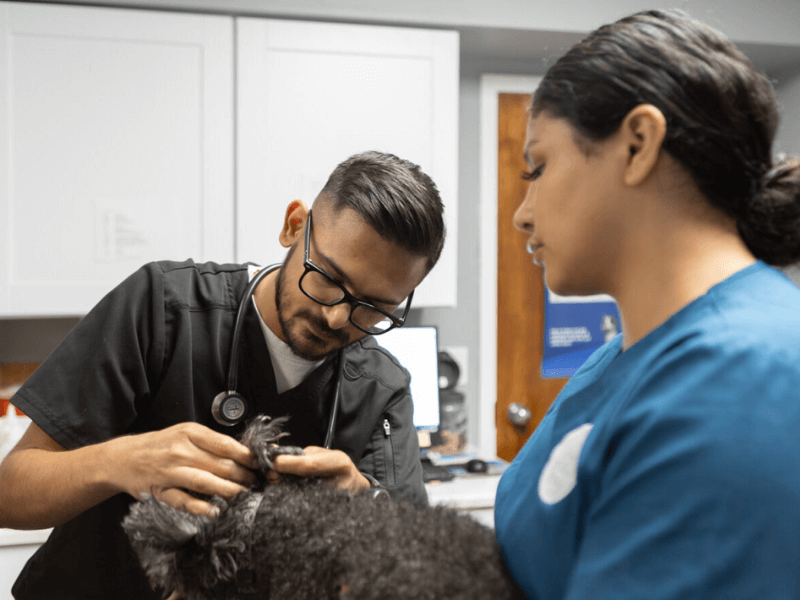
Pet Wellness Exams
Regular wellness exams, encompassing thorough check-ups and vital tests are essential for maintaining your pet’s overall health and early detection of potential issues.
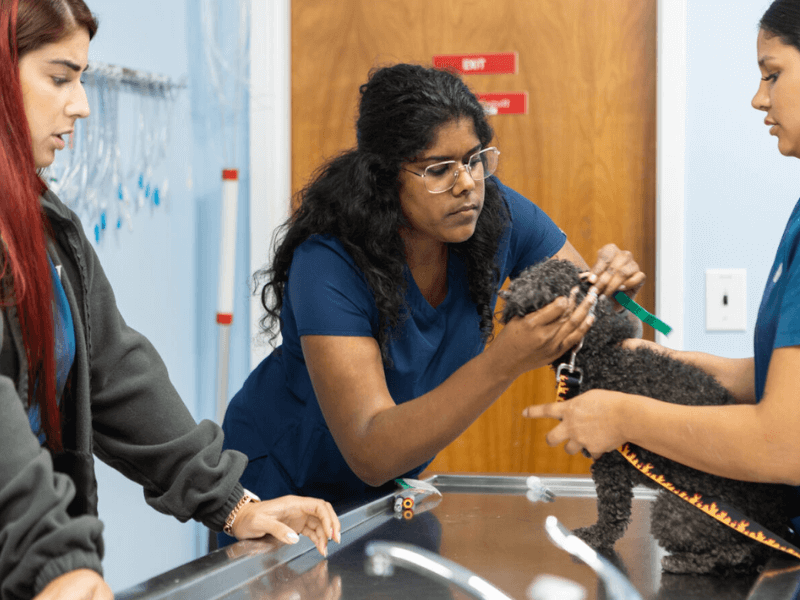
Pet Microchipping
Microchipping, a painless procedure implanting a rice-sized chip helps reunite lost pets by storing their details in a national database, increasing the chances of a reunion.
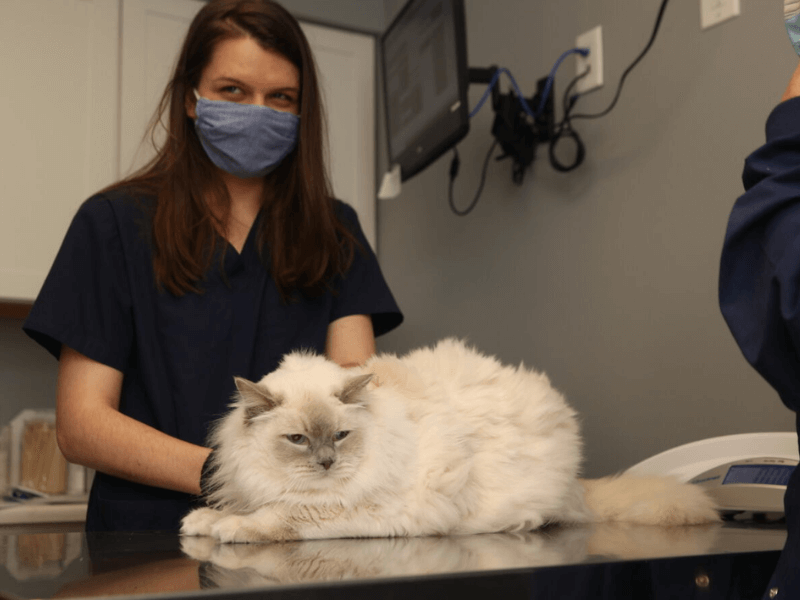
Pet Nutritional Counseling
At St. Georges Veterinary Hospital, we combat pet obesity through personalized nutritional counseling, offering tailored weight-loss programs and prescribed diets for optimal health.
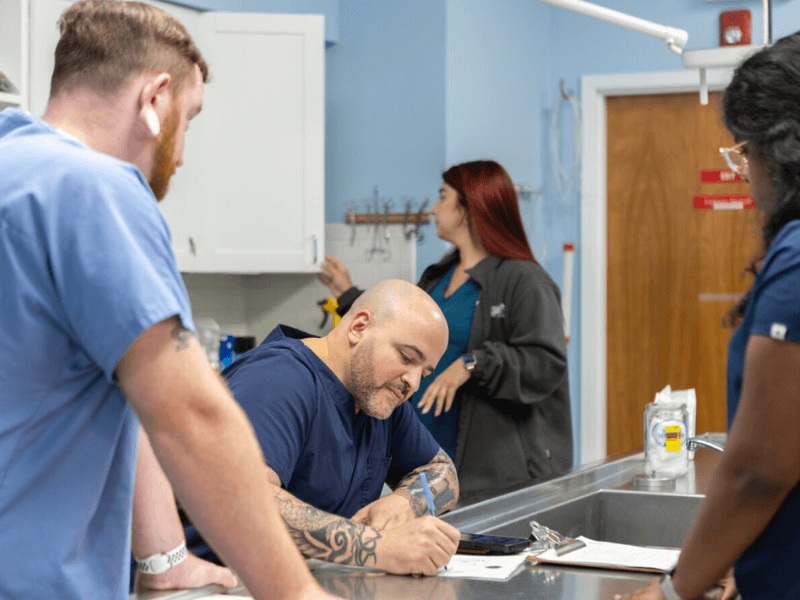
Pet Radiology
Our advanced X-ray machine aids in diagnosing various conditions in pets, enabling accurate medical assessments and more gentle surgeries.
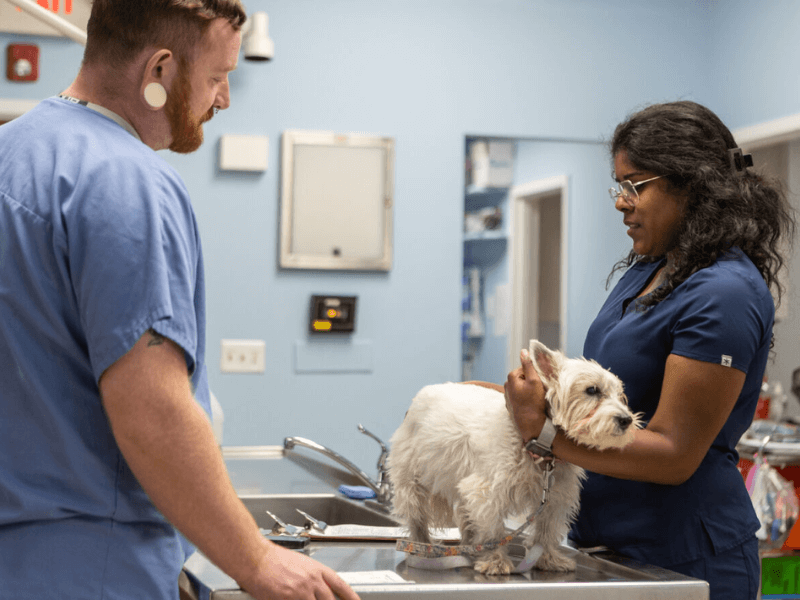
Pet Vaccinations
Our hospital provides tailored vaccination plans, ensuring pets receive protection against various diseases with personalized protocols for dogs and cats, including vital rabies shots and annual boosters.
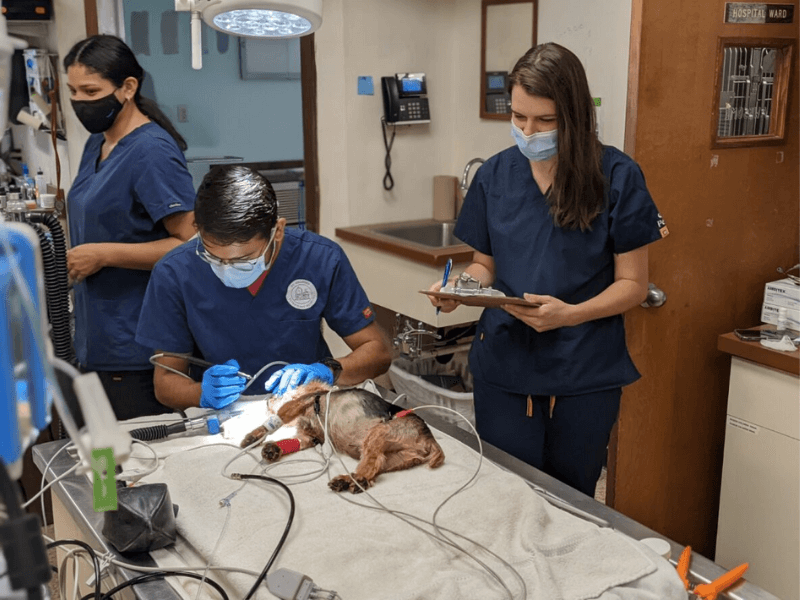
Pet Surgery
Equipped for minor and major surgeries, we prioritize pet health with thorough pre-surgical exams, personalized anesthetic regimes, and comprehensive pain management protocols.
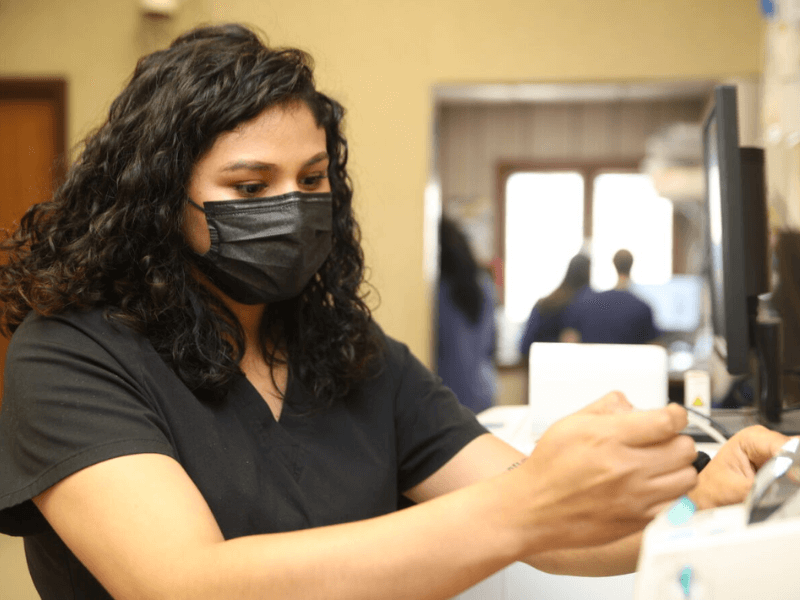
Pet Laboratory Testing
Comprehensive in-house laboratory services aid in quick diagnostics for your pet’s health, offering critical information essential for timely treatments, complemented by allergy testing.
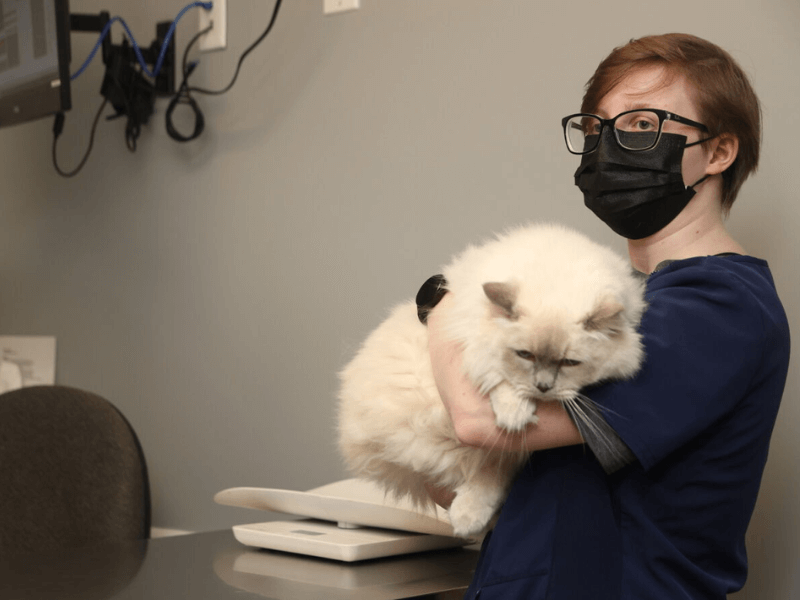
Pet Ultrasound
Ultrasound, offering real-time organ evaluation is less invasive and more comfortable for pets. With on-site advanced imaging services, early detection and interventions are possible, ensuring expert evaluation for your pet’s well-being.
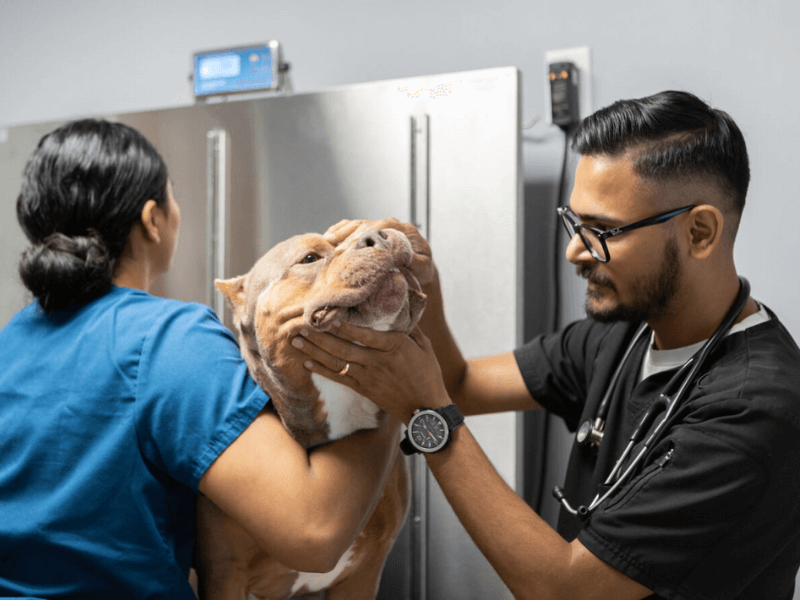
Pet Comprehensive Dentals
Ensuring optimal dental care for your pets, our comprehensive services include dental exams, cleanings, X-rays, and treatment plans tailored to their needs, promoting oral and overall health.

